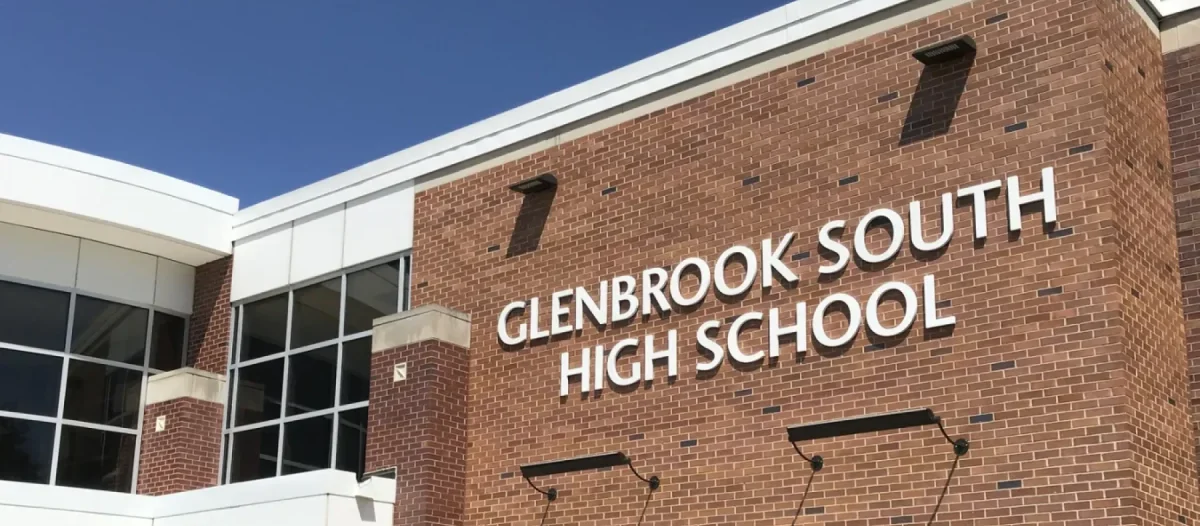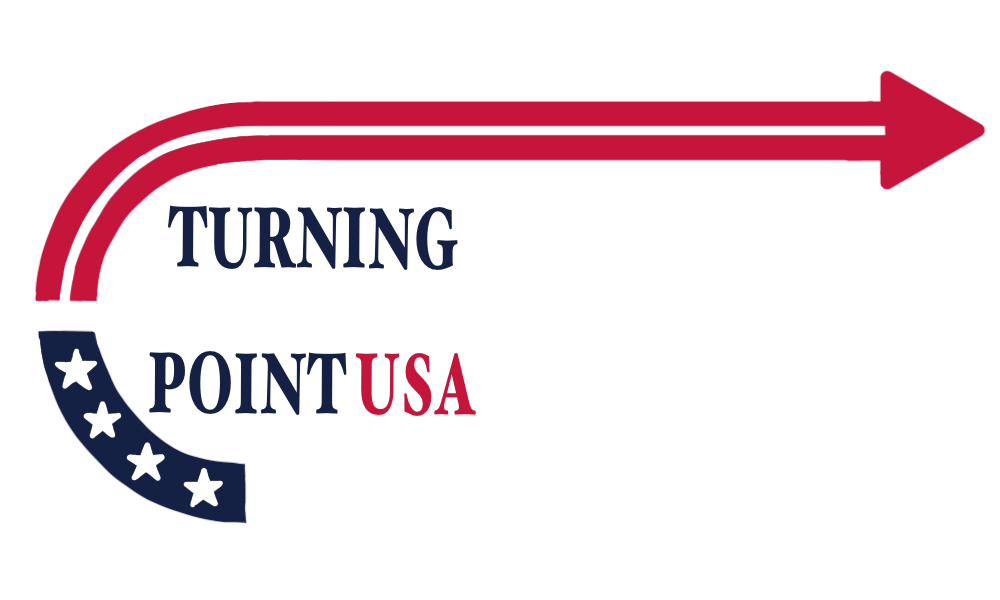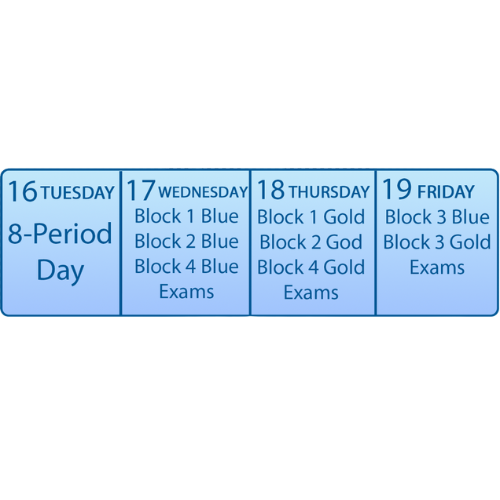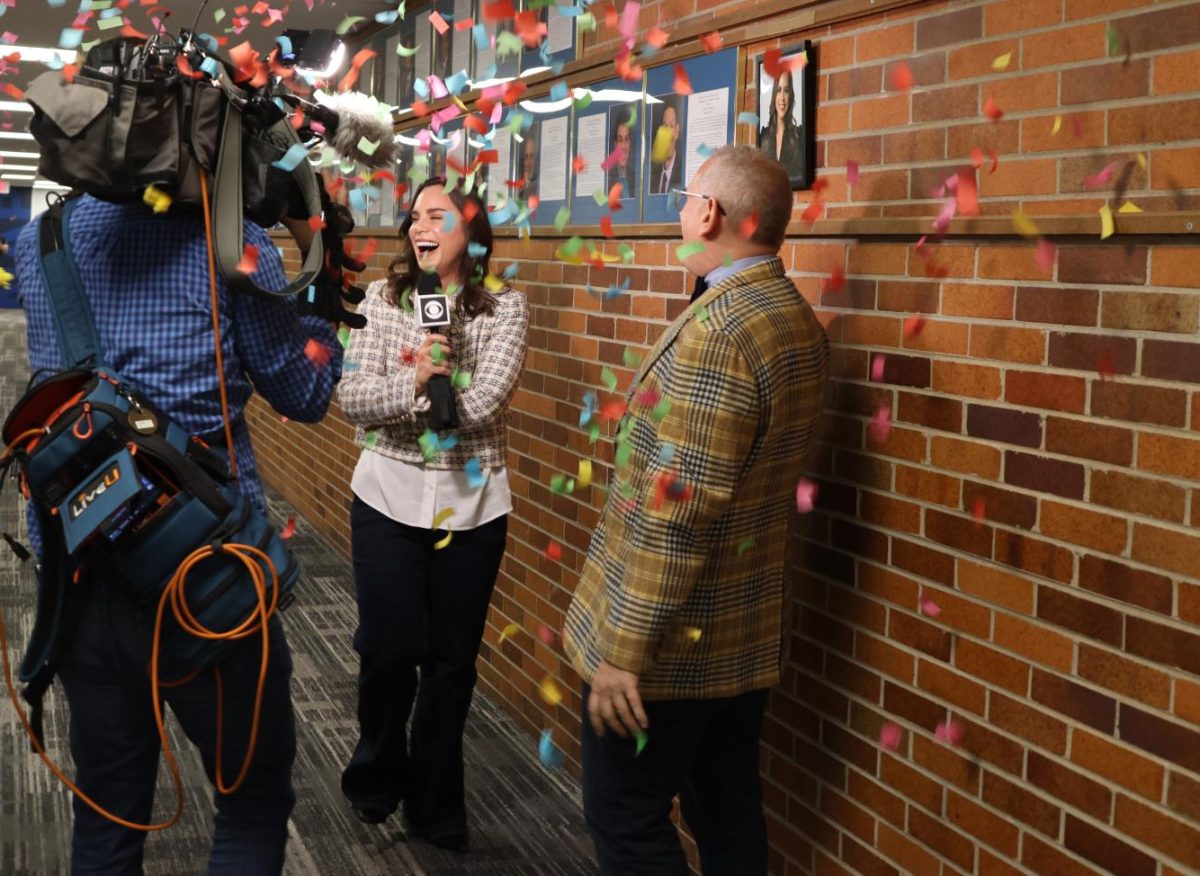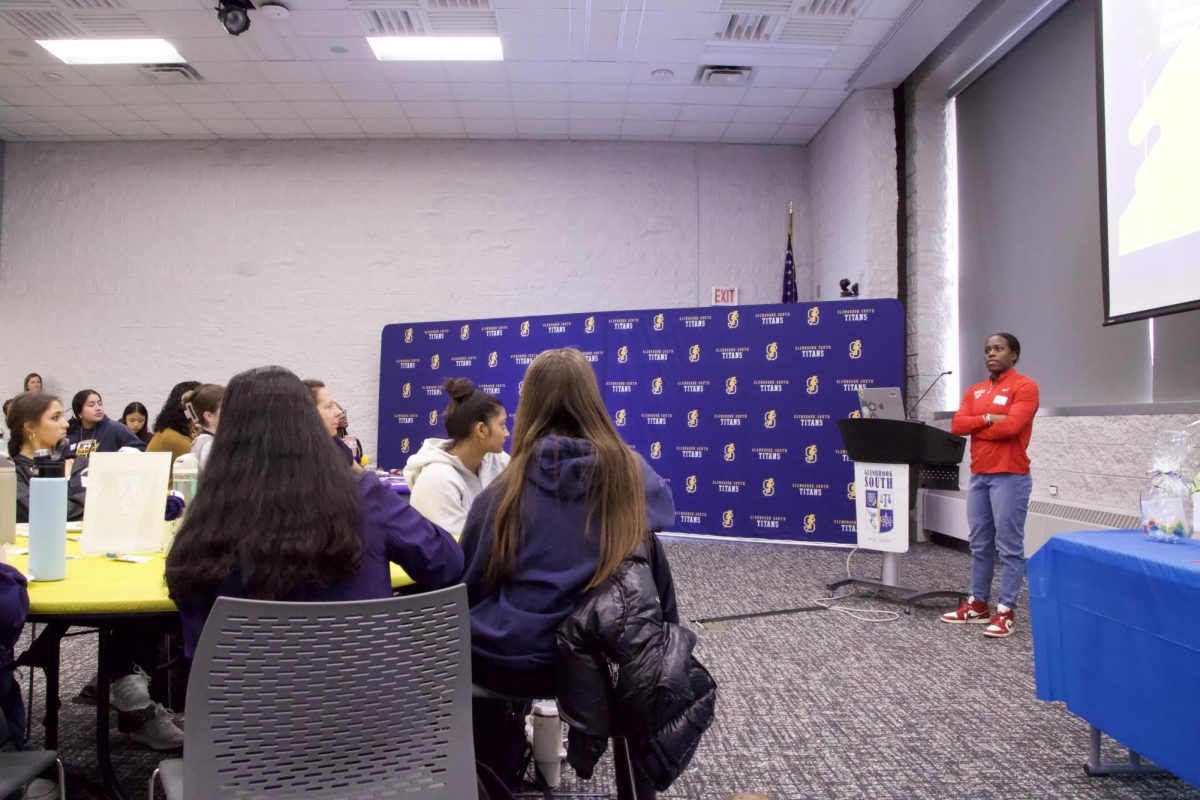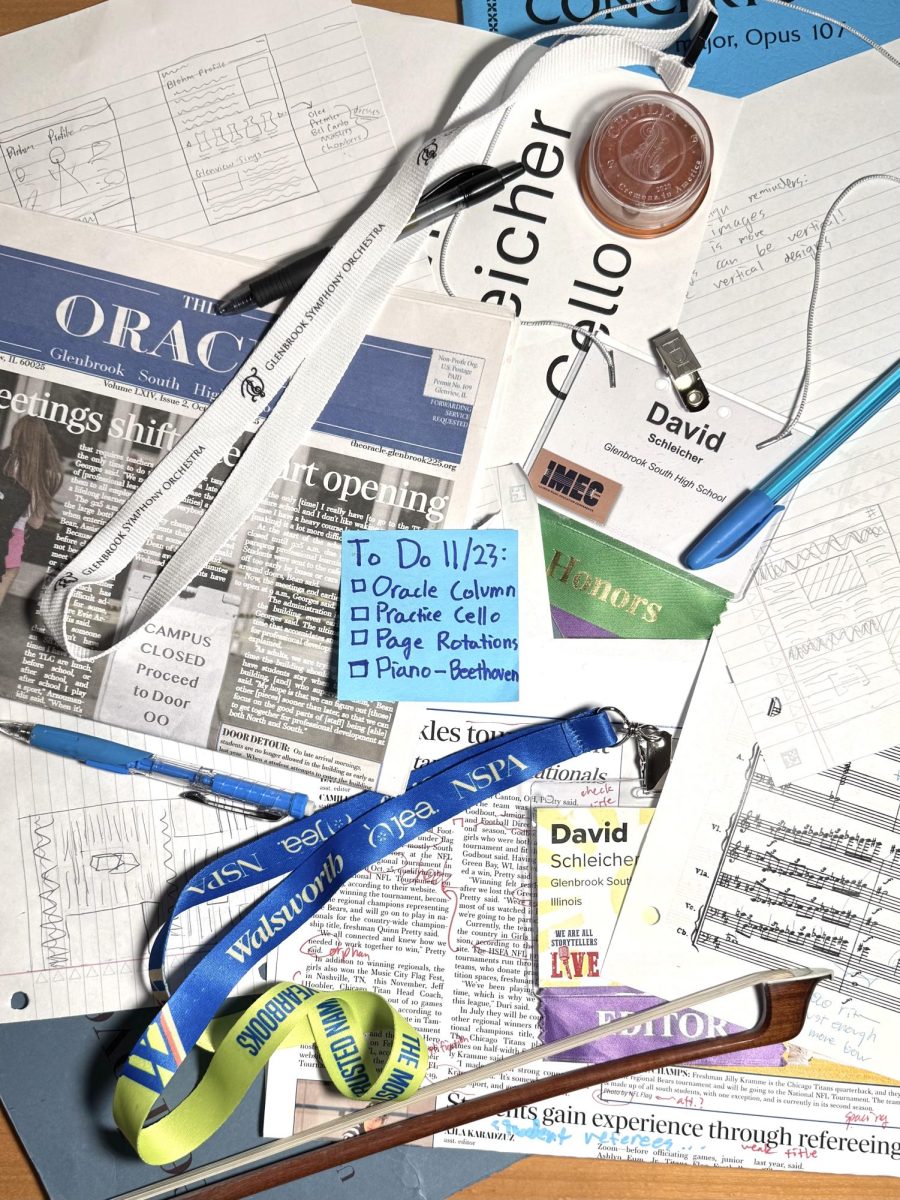District 225 continues to have a “bring your own device” philosophy in regards to electronic textbooks in contrast to the positions other schools have taken.
Many schools in the North Shore, such as New Trier and Stevenson, are now considering or supplying electronic textbooks for their students via devices such as iPads.
In a “bring your own device” policy, the school does not provide students with electronic textbooks.
According to Glenbrook Superintendent Dr. Michael Riggle, the district’s current focuses on a browser-based and individual network for students.
“All of their work and resources, their environment will be there,” Riggle said. “[…] Whenever they open a device, it doesn’t matter which one, they’re still in the same place in their learning.”
However, this “bring your own device” philosophy is not necessarily permanent.
“I don’t know that I would say our district believes that yet,” Principal Brian Wegley said. “I would say that what we are trying to do is let the technology settle, because right now there are many different versions of electronic textbooks, and they’re all kind of on different pages for what you get.”
According to Wegley, many of the problems the district has with electronic textbooks arise from the many formats available. There is no clear standard, and many companies are trying to develop a concrete format.
“The textbook companies will try to outdo each other on this and not really reach any kind of consensus,” David Jakes, GBS technology expert, said.
Another problem the district has is that not all electronic textbook formats can support all of the textbooks used at South. This would mean a student would have to carry multiple devices.
“I really like bring your own device because it really gives the kids a choice,” Jakes said. “It allows kids to see that the device they carry can be a learning tool, and not just a social tool.”
The district is also wary of the budget that could be associated with implementing electronic textbooks, as the district is currently undergoing some budget reductions, according to Jakes.
“We certainly want to make to make sure we keep that cost as low as possible for our parents and students,” Riggle said. “And I can see once this is known, there are some things that parents sometimes assume, and you’re not always going to save money with electronic textbooks because there is no buy back.”
Another budgetary concern in the district is the fiscal diversity among the Glenbrooks, and how a heavy use of electronic textbooks along with a “bring your own device” philosophy could expose that diversity more.
“Schools have always served as an equalizer,” Jakes said. “For as long as schools have existed, schools have provided equitable experiences for all kids. And so, that’s our challenge, to find a way to make that happen […] there’s a lot of things to consider, and we’re in the process of working through all that.”
However, the district believes there are also many positives to having electronic devices.
“Unlike a regular textbook, when you open [an electronic textbook], instead of just a static picture, you can click and watch a video, you can link to the other million resources including primary resources that are out there,” Wegley said. “I just think it’s a much more rich learning environment.”
Should the Glenbrooks ever choose to make the switch to electronic textbooks, it will not be mandatory.
“I don’t think we’ll ‘mandate’ anything,” Jakes said. “I think it’ll be a natural option that kids will want to take advantage because ultimately it’ll probably be less expensive.”
During summer school this year, a pilot program will be implemented that will see if the use of electronic textbooks are practical.
“I think the world has really changed to become a more electronic world,” Wegley said. “And we need to keep up with that.”


